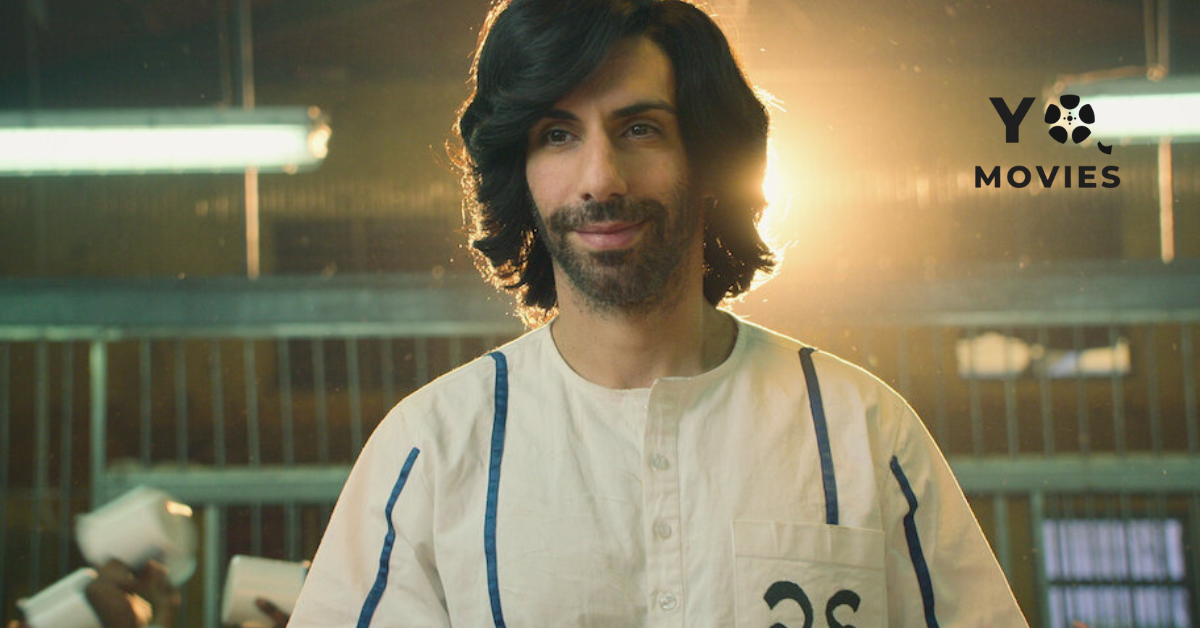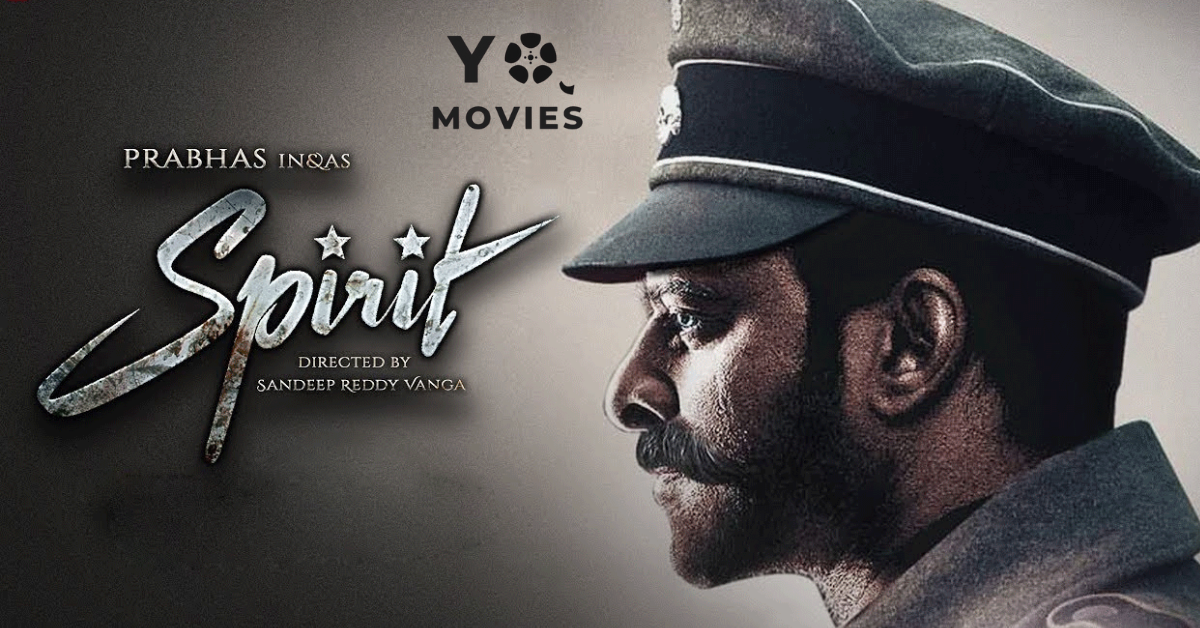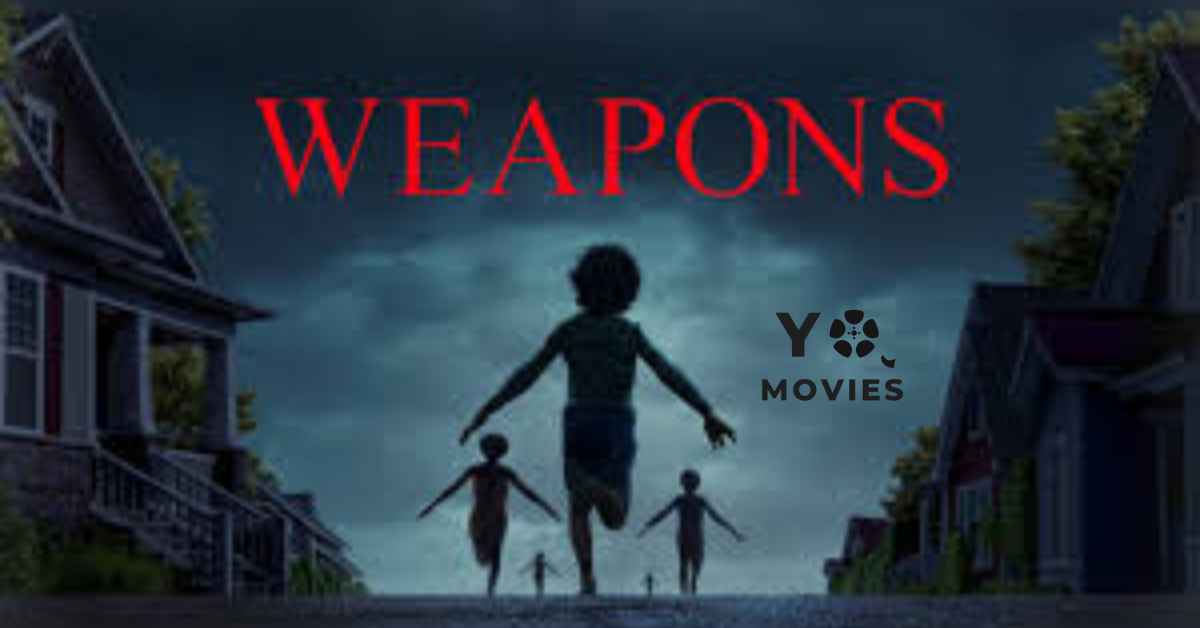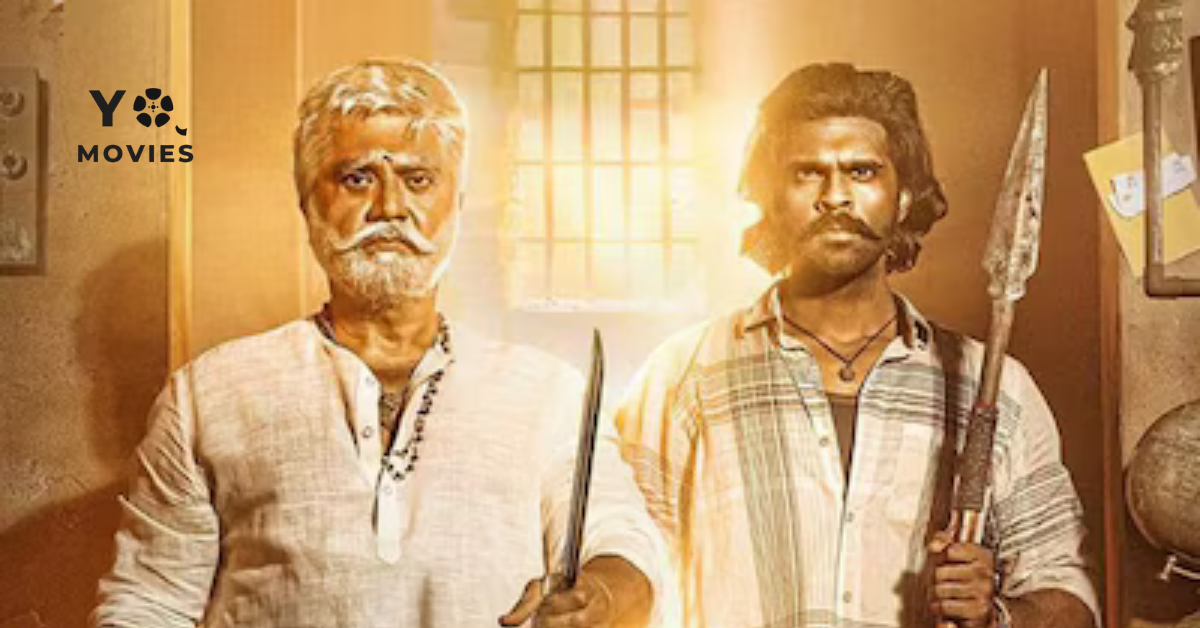Inspector Zende is a 2025 Hindi comedy-thriller film written and directed by Chinmay Mandlekar. It is produced by Jay Shewakramani and Om Raut under the banner of Northern Lights Films, and its distribution is exclusively through Netflix. The movie premiered on 5 September 2025 on Netflix.
The runtime is 112 minutes. The film is loosely inspired by the real-life story of Madhukar Zende, a Mumbai police officer who captured serial criminal Charles Sobhraj not once, but twice. In Inspector Zende, Sobhraj is fictionalized and renamed Carl Bhojraj. The film shifts focus from the criminal to the perspective of the police officer, attempting a blend of crime, comedy, and vintage nostalgia.
Cast & Key Crew
- Manoj Bajpayee leads as Inspector Madhukar Zende — the central protagonist.
- Jim Sarbh plays Carl Bhojraj (the Sobhraj analog) — the slippery criminal counterpart.
- Sachin Khedekar takes the role of a senior officer (often mentioned as DGP Purandare) in the hierarchy.
- Girija Oak plays Vijaya Zende, the inspector’s spouse, adding emotional ground to the narrative.
- Supporting cast includes Bhalchandra Kadam, Vaibhav Mangale, Harish Dudhade, Onkar Raut, Bharat Savale, and Devaang Bagga.
Technical crew details:
- Cinematography by Vishal Sinha
- Editing by Meghna Manchanda Sen
- Music by Sanket Sane
Plot & Structure
The movie opens in a retro Mumbai, in the 1970s–80s era, where Carl Bhojraj (the fictionalized Sobhraj) escapes from prison (Tihar Jail). This escape reignites the pursuit by Inspector Zende, who had previously arrested him once.
Much of the film centers on the chase across Mumbai and Goa, with Bhojraj’s cunning tactics, misdirection, and reliance on local aid. Zende and his team use informants, clues (like use of a restaurant phone, suspicious travel patterns), and sheer persistence to lock in on him. In real life, one clue involved Bhojraj’s use of O’Coqueiro restaurant phone lines, which features in the film as a seed of the chase.
The film mixes drama with lighter elements: the supporting cops have quirks, domestic scenes with Zende’s wife provide human relief, and occasional humor interrupts tension. The tone aims to balance respect for the seriousness of the crime with a more accessible, vintage, ‘quirky chase’ flavor.
What Works
1. Manoj Bajpayee Anchoring the Film
Critics widely praise Bajpayee’s portrayal of Zende for grounding the film. His performance is viewed as the film’s backbone — earnest, composed, and humane rather than over-the-top.
2. Nostalgia & Period Detail
Set design, costumes, old cars, vintage Mumbai streets, and limited tech create an immersive retro experience. Reviewers note that the film captures the era’s flavor well.
3. Unique Perspective: Hero Over Villain
Instead of focusing on the criminal’s mystique, Inspector Zende shifts the narrative lens to the cop. This inversion is refreshing in Sobhraj adaptations.
Where It Falters
1. Pacing Slips
Multiple reviews flag that the relentless chase loses momentum over time—especially as the plot stretches, making some sequences drag.
2. Tone Inconsistency
The mix of comedic elements with serious crime drama sometimes feels jarring. Some viewers and critics say the film struggles to find the right balance between humor and gravitas.
3. Underwritten Antagonist
While Jim Sarbh plays Carl Bhojraj with flair, the script doesn’t always give him the depth or psychological arc to fully match Zende’s complexity. Critics say we never quite enter his mind.
4. Predictability
Though based on real events, some plot beats become predictable. The determined cop vs. escaping criminal structure is familiar, so surprises are few.
Critical Reception & Highlights
- Hindustan Times describes the film as “sluggish yet funny,” noting Bajpayee’s conviction elevates the material.
- Indian Express gives a more critical view, calling it “patchy” and saying the serio-comic approach often fails to leave a strong impact.
- BollywoodShaadis praises Bajpayee and the core concept, though acknowledging narrative lapses.
- AccessBollywood notes the film starts strong but loses steam in the latter half; they appreciate the casting and vintage texture.
User reactions (e.g. Reddit) show viewers enjoying the nostalgia, the characterization, and the human moments — although some point out minor historical inaccuracies (e.g. calling “Mumbai Police” in times when it was “Bombay City Police”).
Real Story vs. Film Adaptation
As factual anchors:
- Madhukar Zende indeed caught Charles Sobhraj twice — first in India (1971) and then again in Goa in 1986 after Sobhraj’s escape.
- In real life, during Sobhraj’s jailbreak, he used sedative-laced sweets to incapacitate jail guards, which is dramatized in the film.
- A notable clue in the real capture involved Sobhraj’s use of the O’Coqueiro restaurant phone in Goa, which the film replicates.
- The movie makes a cameo by the real Zende, using his actual name to emphasize authenticity.
The film frames itself as a fictionalised retelling — the renaming of the villain, occasional comedic liberties, and rearranged events are acknowledged to preserve storytelling flexibility.
Final Verdict
Rating: 3.0 / 5
Inspector Zende is a commendable effort — not a flawless one, but with merit. Its strengths lie in Manoj Bajpayee’s performance, the nostalgic period ambience, and the refreshing focus on the policeman rather than glorifying a criminal. The sincere attempt to balance crime and comedy gives it a lighter tone than most true-crime films, making it more approachable for general audiences.
However, those expecting taut thrills or deep psychological insight might find it uneven. The pacing, tonal shifts, and underuse of the villain hold it back from being truly exceptional.
If you’re in the mood for a retro detective chase infused with character moments, and don’t mind a few familiar beats, Inspector Zende is a solid watch.
For more accurate, fair, and honest film reviews, analyses, and cinema insights, head over to YoMovies.





Leave a Reply